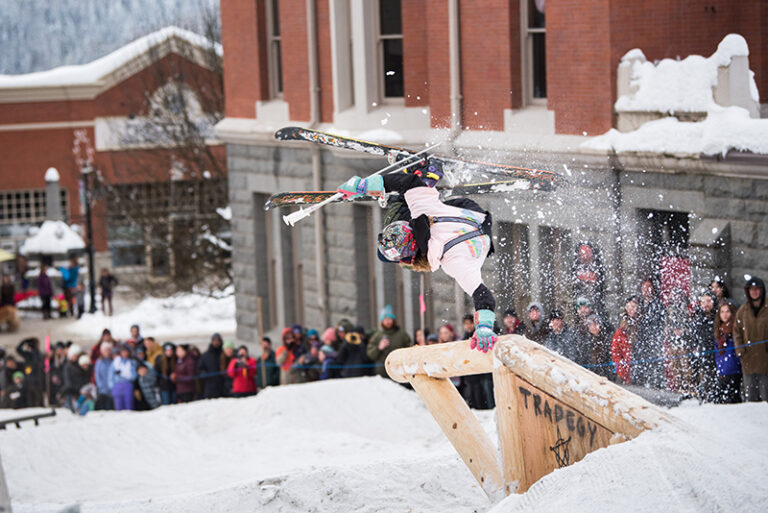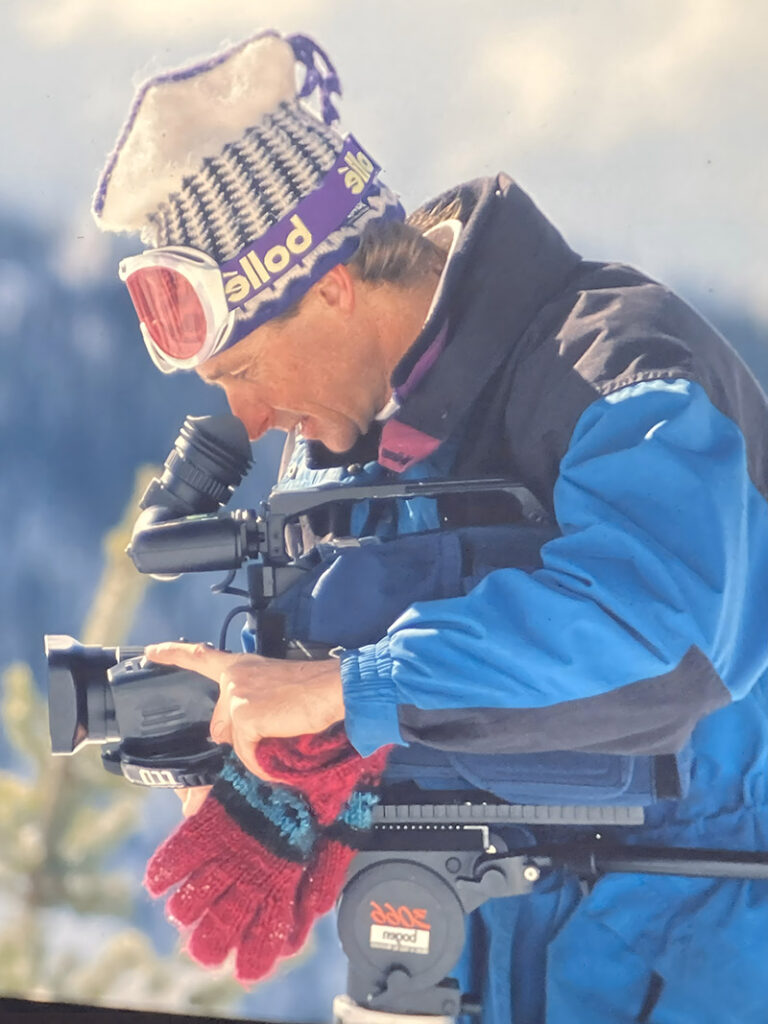Remember when it use to rain during the hot summer months? If you have been here a while, then you can recall a wetter era when not just the occasional mud sprinkle but full-on thunderous downpours used to grace our summer skies from time to time. Yet in recent years, the trend has been towards record-breaking temps, long stretches without rain, and a dramatic increase in the number of days with smoke-filled skies. These unwelcome changes should be worrisome for all of us, not just for those who prefer less scorching temps and cleaner air to pursue our outdoor passions and daily, sanity-producing outdoor rituals, whether it’s a walk down by the river, backyard gardening, or taking the kids to the playground. The increased wildfires, smoke, and drier conditions in particular mean more people with health conditions are struggling just to breathe, and our forests, wildlife, and small tourism and outdoor recreation businesses are suffering.
In this issue, first-time Out There contributor David Camp takes a look at the link between our warming climate and the forest fires and accompanying smoke that have been occupying more of our precious summer days, as well as a changing climate’s role in affecting the length and quality of our winters, in his feature “Outdoor Adventure in the Age of Climate Change.” “Science says this may well be the new normal, until it gets smokier still,” says Camp. Some of the science Camp references to reach this conclusion includes the research of scientists like Anthony Westerling, a Professor of Environmental Engineering at University of California, Merced, who has led teams of researchers tracking the growth of western wildfires over decades. Westerling and many others conclude that a warming climate is drying out western U.S. forests and leading to more large wildfires and a longer wildfire season.
Maybe a busy life has kept you from thinking too much about climate change or perhaps you are a closet skeptic that human activities are influencing our planet’s complex climatic processes on such a grand scale. No matter what you think about Al Gore, which news network you prefer, or how you vote, you owe it to yourself and future generations to read this article or others like it. If you need more convincing, do your own research beyond the politicized narratives that often pollute objective debate about climate change. Then consider taking some of the personal actions Camp suggests we can all do to make a small but significant impact on the threats we face from a warming planet. //













